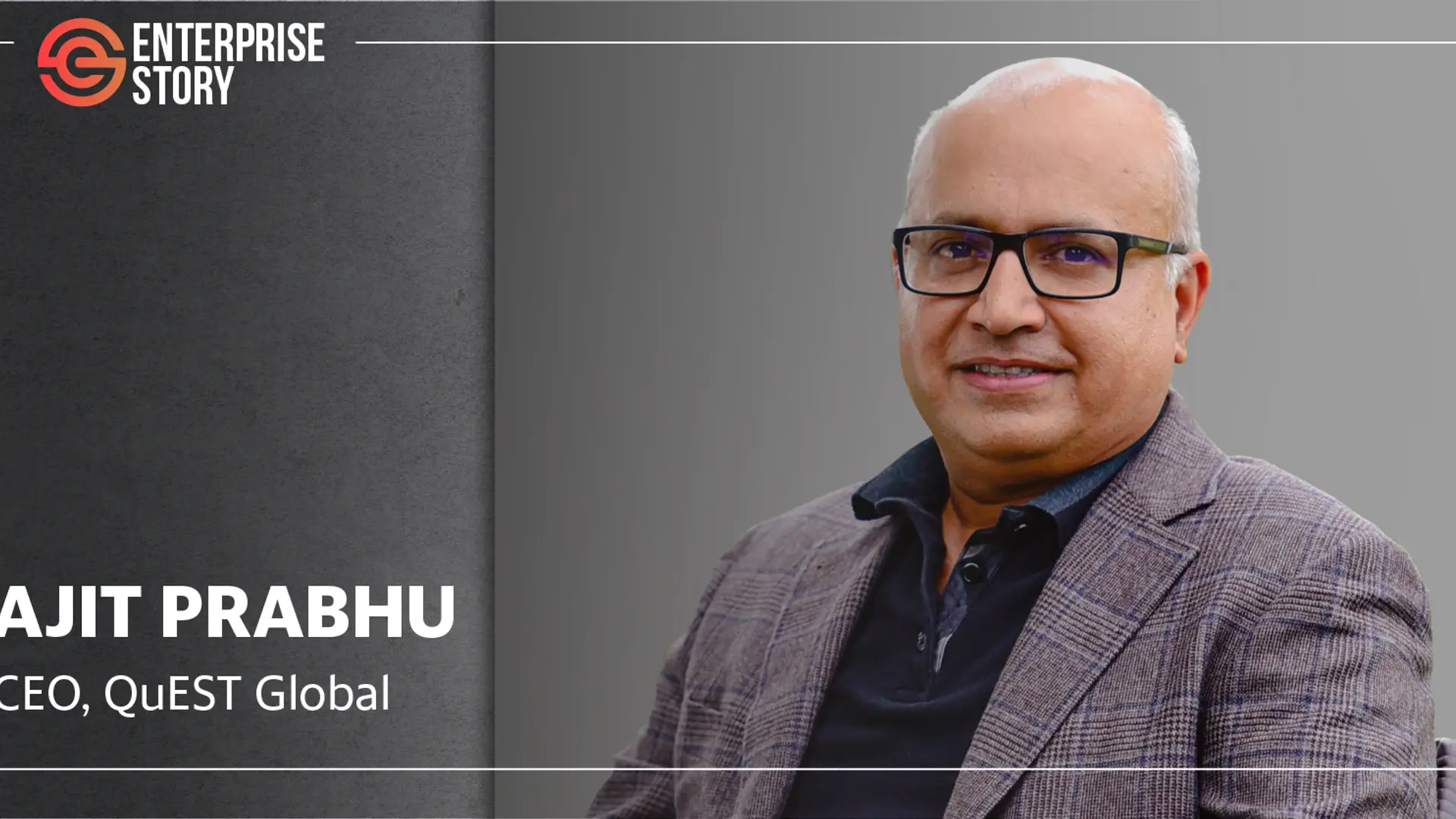QuEST Global sees revival in engineering R&D services
The company has raised $150 million from ChrysCapital, True North Managers and other institutional investors, to expand in new areas like semiconductors and medical devices.
Engineering R&D services firm QuEST Global has raised $150 million from ChrysCapital, True North Managers and other institutional investors. The new investors have purchased shares from QuEST Global Services' co-founders and management team.
Founded in 1997, QuEST Global is backed by Bain Capital, Advent, and GIC, who continue to be invested in the company. It operates in industries like aerospace and defence (A&D), and energy, employing 11,250 persons.
Currently, its hi-tech, energy and A&D verticals contribute to at least 60 percent of QuEST Global's revenue. In 2019, the company forayed in the rail and semiconductor industries. They contribute 6 percent each to revenue, while medical devices accounted for 7 percent of FY 2021 revenue.
“QuEST happens to be right in the middle of a storm to help industrial companies evolve into better digital companies for the future," Ajit Prabhu, CEO and Co-founder of QuEST Global, told EnterpriseStory.
"We have started seeing enhanced growth momentum in verticals like in hi-tech, rail, medical devices, semiconductor and energy. There is an increase in demand for silicon chips across industries, and enhanced adoption of digital engineering services."
In June, QuEST acquired Synapse Design to expand in the semiconductor industry. Its hi-tech industry contribution to revenue expanded to 25 percent in FY 2021 from 18 percent in the previous year.
This has helped the product-engineering company offset the drop in revenue from the aerospace and defence (A&D) sector because of the COVID-19 pandemic. A&D accounted for 25 percent of FY 2021 revenue, down from nearly 50 percent in previous years.
A year ago, nearly 2,000 employees in the A&D vertical had no new projects because of cancellation, or ramping down of orders. Now, QuEST Global plans a net addition of 3,000 employees.
“Even as late as March this year, we did not anticipate so much demand," Prabhu says. But, the pandemic has accelerated digital adoption, which has led to increased interest from new customers and a surge of demand in the semiconductors industry.
While global engineering R&D budgets shrank in March 2021, according to trade body Nasscom estimates, companies are now seeing a demand resurgence.
Expanding new digital horizons
QuEST has been working with clients in medical devices to create a 'digital twin', or a virtual representation that serves as the real-time digital counterpart of a physical component or process.
“Our innovation has been happening across segments, keeping in mind how we can bring about the change to customers' products to better deliver their solutions to their ultimate customers,” Prabhu says.
In the past year, QuEST has also redeployed learnings and technical knowhow from one industry to another. For example, the imaging and processing capabilities in medical devices require AI (artificial intelligence) and ML (machine learning) to give diagnostic suggestions. There are similar requirements in the aerospace assembly shop to spot components that may have dents, cracks, or any defects.
For the rail segment, QuEST set up a Train Control Management and Service Lab in Hyderabad in January this year.
In its semiconductors vertical, it plans to capitalise on the Synapse acquisition, and triple revenue in the next two years. Since 2018, it has also acquired Mobiliya and Exilant in the hi-tech vertical, Engicom in power, and Dakota Moon Enterprises in aerospace.
Edited by Kunal Talgeri


